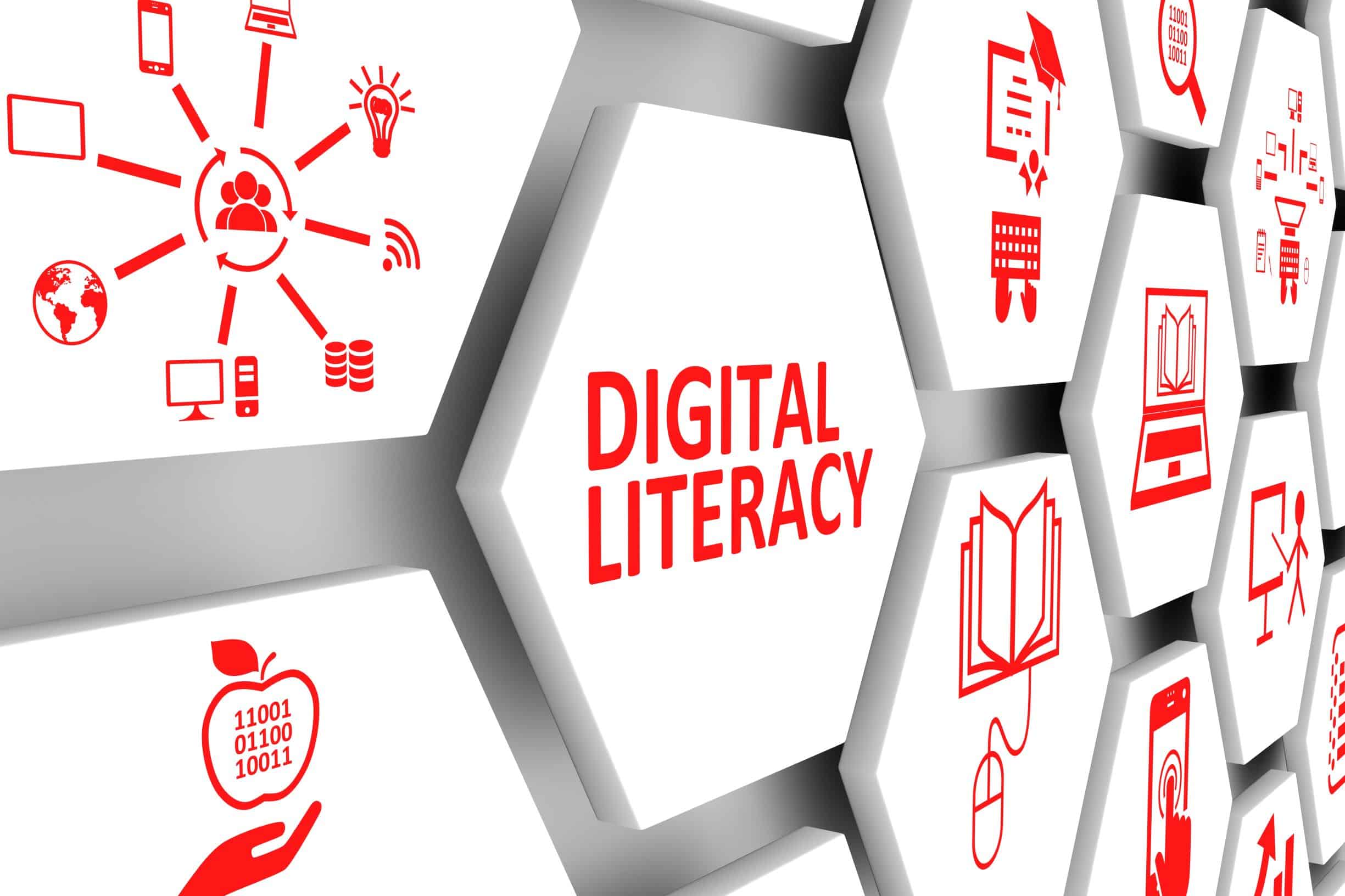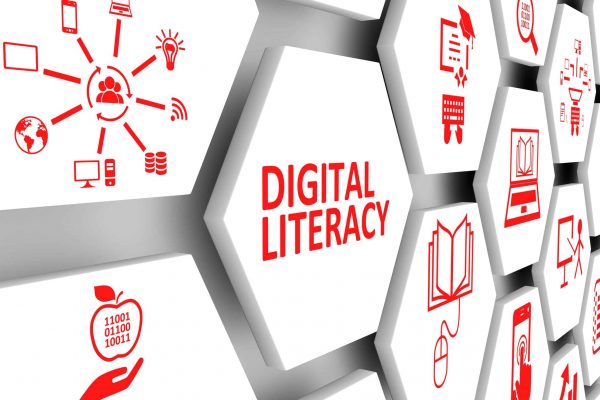In today’s technology-driven world, digital literacy is a critical skill for Nigerian students. As digital tools become integral to education, work, and daily life, ensuring that students are well-equipped with these skills is essential. This is for fostering innovation, improving academic outcomes, and enhancing employability. This article explores the importance of digital literacy for Nigerian students. It examines its impact on educational achievement and future workforce readiness through current practical examples and recent research findings.
Empowering Academic Achievement and Global Competitiveness
Digital literacy extends beyond basic computer skills. It encompasses the ability to access, evaluate, create, and communicate information using digital platforms. For Nigerian students, this competency is pivotal in navigating an increasingly digital curriculum. For example, initiatives such as the Digital Literacy Framework (DLF) introduced by NITDA are already being integrated into school curricula. They ensure that learners acquire essential skills from early education through tertiary institutions. Furthermore, research has shown that students with higher digital literacy levels tend to perform better academically. They are better able to utilize online resources for research, problem solving, and collaborative learning. This digital competence is also key to ensuring that Nigerian students can compete on the global stage, which identifies digital literacy as a driver of innovation and inclusive labor markets.
Bridging the Digital Divide and Enhancing Workforce Readiness
Despite its growing importance, Nigeria still faces significant challenges in achieving widespread digital literacy. Barriers such as unreliable power supply, limited internet access in rural areas, and a shortage of qualified ICT teachers continue to hinder progress. However, efforts by the Federal Government, in collaboration with NITDA and private sector partners, are beginning to address these issues. For instance, the recent initiative reported by ITEdge News (2024) aims to integrate digital literacy across all educational levels, targeting a digital literacy rate of 70% in the short term, with an ambitious goal of 95% by 2030. Practical examples include the establishment of e-learning centers in public libraries and digital training programs for teachers. These are instrumental in bridging the urban–rural digital divide and preparing students for the demands of the modern workforce.
Practical Applications and Policy Implications
The importance of digital literacy for Nigerian students is also reflected in the ongoing policy reforms and strategic initiatives. The Nigerian National Policy for Information Technology (NNPIT, 2001) and the National Policy on ICT in Education (NPCITE, 2019) are designed to integrate digital skills into the educational framework. These policies encourage not only theoretical knowledge but also hands-on experience through programs like the Students Industrial Work Experience Scheme (SIWES), which exposes students to practical digital skills in real-world settings. Furthermore, partnerships between government agencies and tech companies such as Google and Microsoft have facilitated the deployment of digital resources and training programs, which are critical for transforming Nigeria’s educational landscape and enhancing future workforce readiness.
Conclusion
Digital literacy is indispensable for the academic and professional success of Nigerian students in the 21st century. As technology continues to reshape education and the global economy, equipping students with these critical skills will not only improve academic performance but also prepare them for future challenges in a digital world. Through robust government policies, strategic partnerships, and targeted training programs, Nigeria is taking significant strides to bridge the digital divide. The ongoing commitment to enhancing digital literacy will ultimately empower students, foster innovation, and secure Nigeria’s competitive edge in the global digital economy.


